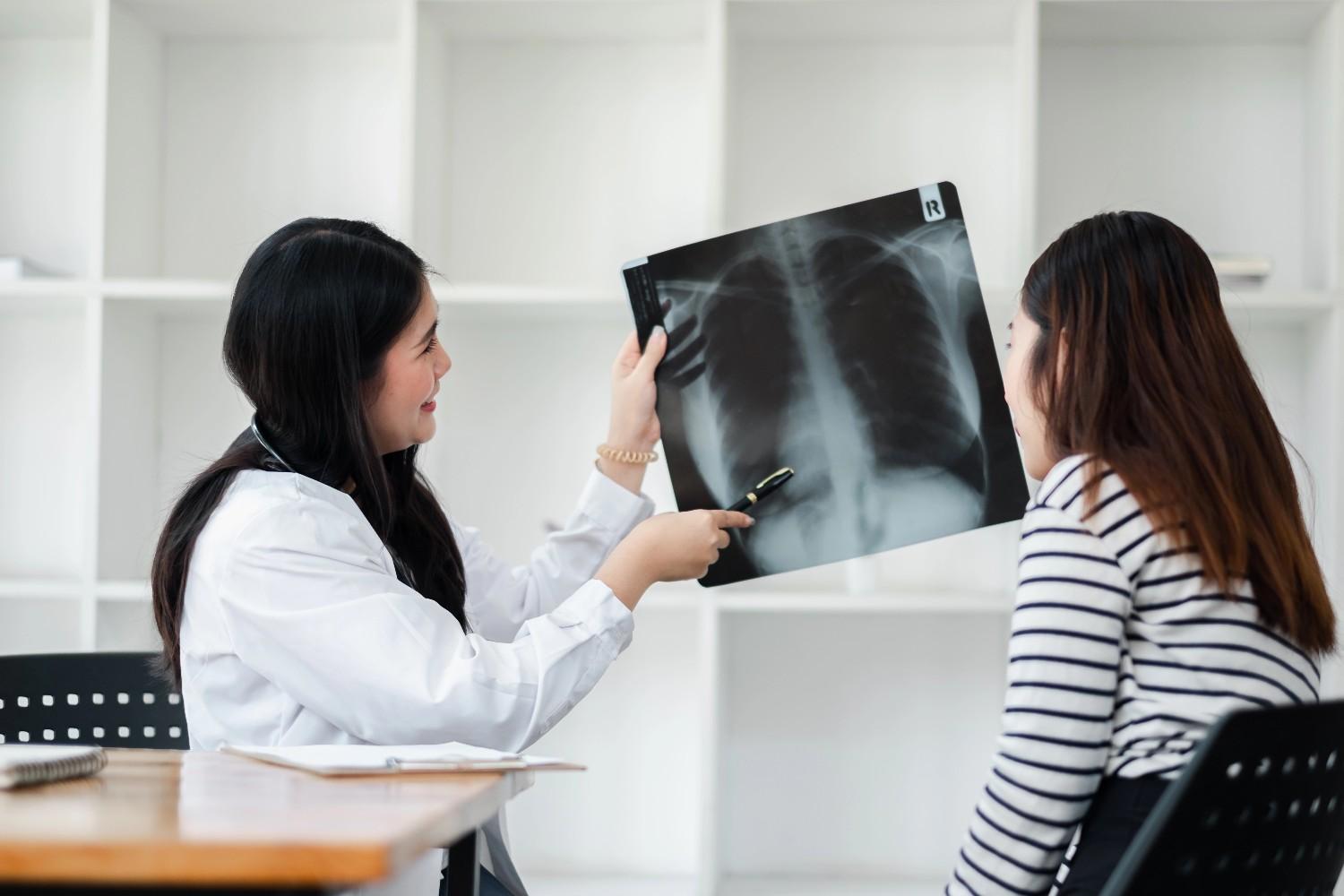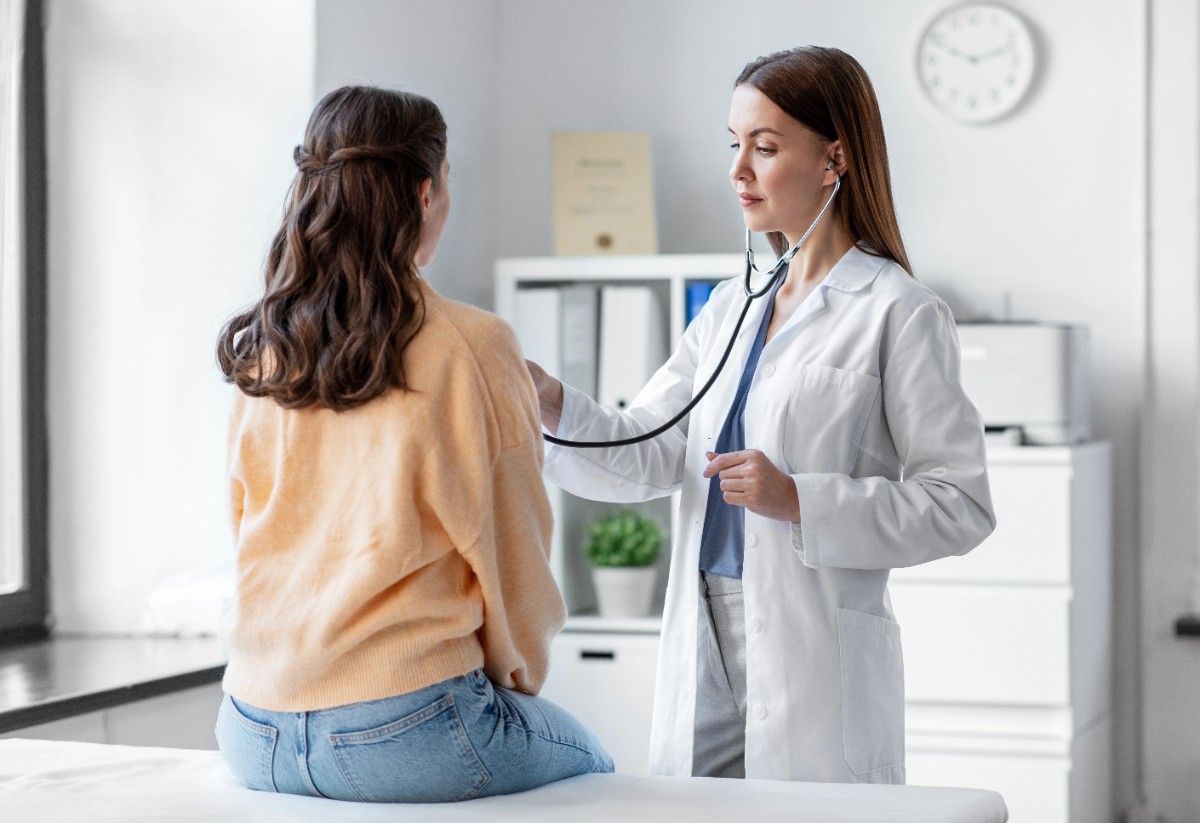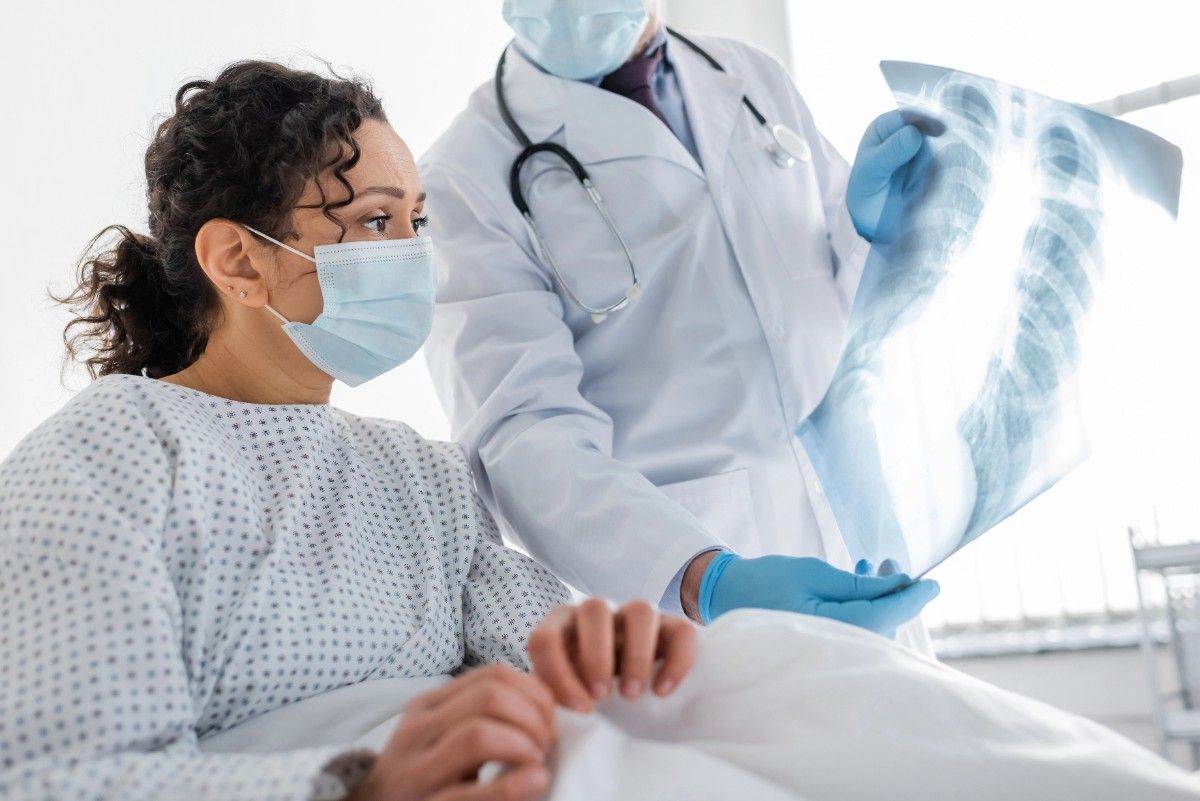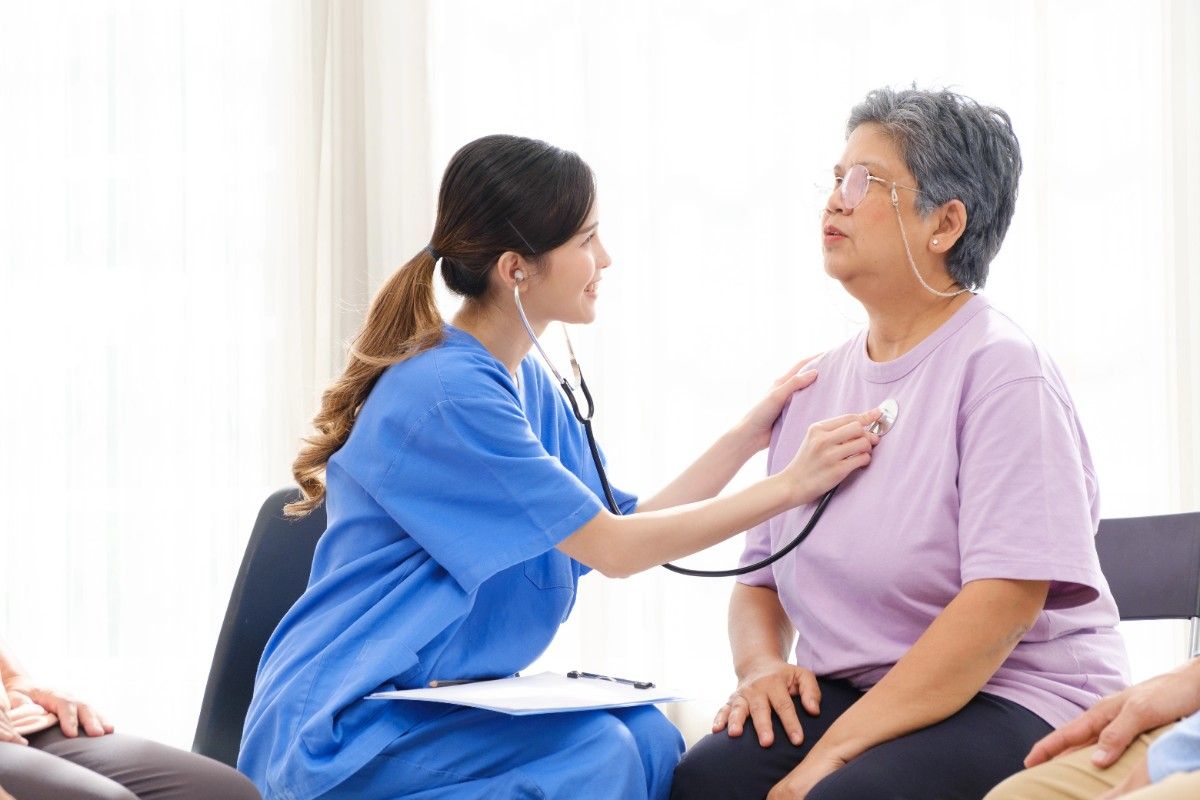Managing Mild Community-Acquired Pneumonia with Care at NextGen Primary Care Clinica Hispana Walk-in Clinic & Urgent Care


Pneumonia is a common respiratory infection that can cause symptoms ranging from mild to severe. Mild community-acquired pneumonia (CAP), although less serious, can still leave you feeling uncomfortable and weak. It’s important to seek prompt medical care, even for mild cases, to ensure quick recovery and prevent complications. At NextGen Primary Care, we offer fast and effective treatment for mild pneumonia with a focus on your comfort and health. Our experienced healthcare providers are ready to diagnose, treat, and guide you through your recovery with the care you need to get back on your feet.
Mild CAP vs. Severe Pneumonia
Understanding the difference between mild and severe pneumonia is essential for proper treatment and management.
Understanding Mild Community-Acquired Pneumonia (CAP)
What is Community-Acquired Pneumonia (CAP)?
Community-acquired pneumonia (CAP) refers to a type of lung infection that is contracted outside of a healthcare or hospital setting. Unlike hospital-acquired pneumonia, which develops during or after a hospital stay, CAP occurs in the community, affecting individuals who have not been recently admitted to a healthcare facility. The infection can be caused by various pathogens, including bacteria, viruses, and even fungi. The most common bacteria responsible for CAP are Streptococcus pneumoniae and Haemophilus influenzae, while viral causes can include influenza, respiratory syncytial virus (RSV), and coronaviruses.
While CAP can affect anyone, it is more common in individuals with weakened immune systems, older adults, smokers, and people with chronic conditions like asthma or diabetes.

Common Symptoms of Mild Community-Acquired Pneumonia
Recognizing the Symptoms of Mild Community-Acquired Pneumonia
Community-acquired pneumonia (CAP) is a common infection that affects the lungs, typically contracted outside of a healthcare setting. While some cases of pneumonia can be severe, mild cases are more common and can still cause significant discomfort. It’s important to recognize the symptoms of mild pneumonia so that you can seek the right care and avoid complications.

When to Seek Help
While the symptoms of mild pneumonia may not seem as serious, it’s essential to take them seriously. Seeking medical attention for even mild symptoms can prevent the infection from worsening or developing into a more severe condition.
If you notice any of the following, it’s important to visit a healthcare provider:
At NextGen Primary Care, we understand how troubling pneumonia symptoms can be. Our experienced team can evaluate your symptoms, provide a diagnosis, and offer treatment plans tailored to your needs. Early intervention is key in preventing complications and promoting a faster recovery.
How Mild Community-Acquired Pneumonia is Diagnosed
When it comes to diagnosing mild community-acquired pneumonia (CAP), healthcare providers will use a combination of a physical exam and diagnostic tests to accurately identify the condition and determine its cause. Early and accurate diagnosis is crucial to ensure appropriate treatment and avoid complications. Here’s how the diagnosis typically unfolds:
Why Choosing NextGen Primary Care is the Best Option
When it comes to managing mild community-acquired pneumonia or any other respiratory condition, choosing NextGen Primary Care is the best option for fast, convenient, and expert care. We are here to support you through every step of your recovery journey, offering professional evaluations, effective treatments, and compassionate care.

How NextGen Primary Care
Can Help
At NextGen Primary Care, we are dedicated to providing fast, comprehensive care for a variety of medical conditions, including mild community-acquired pneumonia and other respiratory illnesses. Our goal is to offer prompt diagnoses, effective treatments, and personalized care, ensuring that you receive the attention you need when you need it most. Here’s how we can assist you:
When to Seek Immediate Medical Attention
While most cases of mild pneumonia and respiratory issues can be treated effectively at NextGen Primary Care, there are certain signs that indicate you may need more urgent care. If you experience any of the following, seek immediate medical attention:
Shortness of Breath or Chest Pain That Worsens
Difficulty breathing that doesn’t improve or gets worse requires urgent attention.
High Fever Not Responding to Medication
A fever that continues to rise despite taking medication may be a sign of a severe infection.
Confusion or Disorientation
These could be signs that the infection is becoming more serious and affecting your overall health.
Blue Lips or Fingertips
This could indicate low oxygen levels, which require immediate medical care.
At NextGen Primary Care, we’re committed to providing fast, comprehensive care in a comfortable and accessible setting. Whether it’s a mild case of pneumonia or another health concern, we’re here to help you recover quickly and safely. Don’t hesitate to walk in or contact us for immediate assistance. Your health and peace of mind are our top priority.

Treatment for Mild Community-Acquired Pneumonia
If you’re diagnosed with mild community-acquired pneumonia (CAP), the good news is that most cases can be treated effectively at home with the right care. Treatment focuses on relieving symptoms, supporting the immune system, and eliminating the infection. Below is an overview of the key treatment methods used to manage mild CAP:

Symptom Monitoring
It’s important to closely monitor your symptoms as they improve, but also to be aware of signs that may indicate a worsening of the pneumonia. Symptoms to keep an eye on include:
Increasing shortness of breath
Higher fever
Chest pain or discomfort
Persistent cough or worsening fatigue
If you notice any of these changes, or if you’re feeling more unwell than when your treatment started, seek medical attention immediately. Early intervention can prevent complications and ensure a faster recovery.
Patient Testimonials
At NextGen Primary Care, our patients are at the heart of everything we do. We’re deeply grateful for the trust they’ve placed in us, and we’re honored to hear about the positive experiences they’ve had with our compassionate care, quick service, and dedicated team. Here’s what a few of our patients have shared about their time with us:
Contact Us
At NextGen Primary Care, we understand the importance of accessible healthcare, which is why we offer convenient hours and flexible scheduling. Our clinic is here to serve you, whether you need urgent care, primary care, or specialized treatment.
Address
6306 Gulfton St #203,
Houston, TX 77081
Consultation Schedule
Mon – Wed: 9:00AM – 7:00PM
Thu – Fri: 9:00AM – 6:30PM
Sat: 9:00AM – 4:30PM
Get in Touch
Phone: 281-888-7289
Email: info@nextgenpcp.com
Follow Us
Your Health, Our Priority
Choosing NextGen Primary Care means choosing a provider that cares about your health and well-being. From the moment you walk through our doors, we’re committed to offering fast, effective, and personalized care for your respiratory concerns. Whether you need a quick diagnosis, prescription medications, or ongoing support, we are here to help you recover and breathe easier.
Walk-in appointments
Quick and accurate assessments
Personalized care plans

















